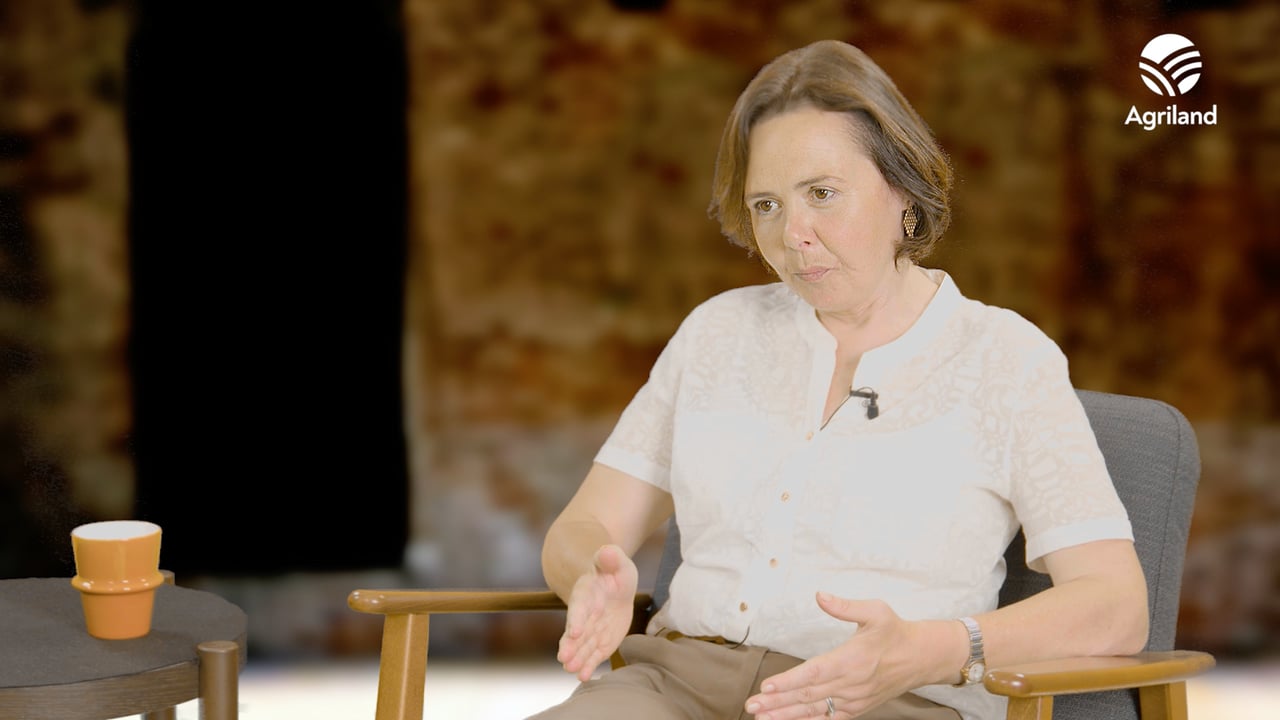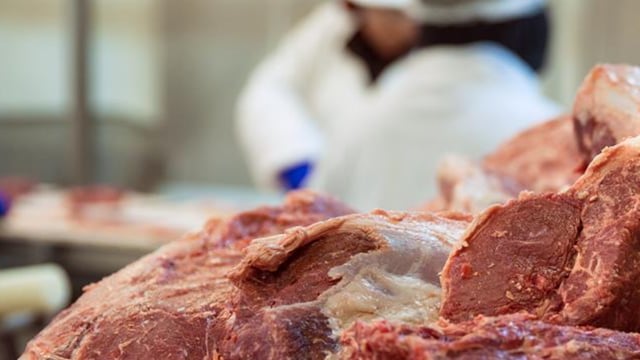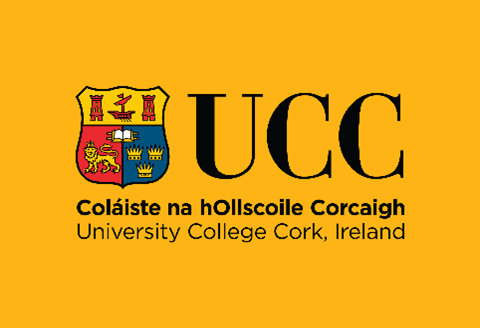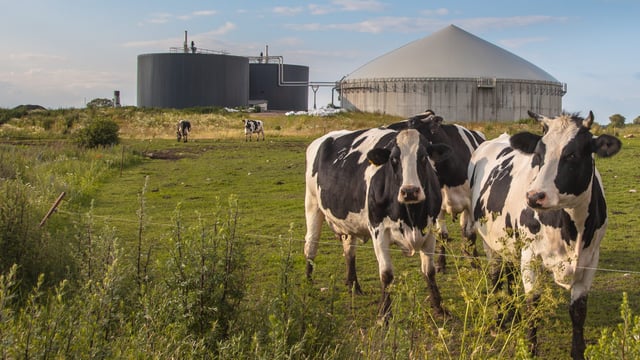AI: Low-maintenance cattle via genetics proving popular
The use of polled genetics among suckler farmers has increased in recent years as demand for low-maintenance cattle continues to grow, according to Rose Goulding, beef programme manager at the National Cattle Breeding Centre (NCBC).
Speaking on the latest episode of Farmland, Goulding said these farmers are increasingly looking for a genetic profile which can provide them with high-quality cattle that require minimum management.
"These people want very good-quality cattle, but they also need cows that will do the work," she said.
The demand for straws from the centre's polled Limousin and Charolais bulls has grown as a result Goulding explained, and she also noted a strong demand for high-index bulls to produce replacements.
"We call them our cow-maker bulls, that have good milk, good fertility, good temperament and will calve a good-quality calf on their own," she said.
While these maternal traits are desired, farmers are also passionate about keeping the quality up in their herds, the NCBC representative said. She said that once they have bred enough replacements, the use of terminal bulls in the remainder of the cows is common.
"They want to manage the calving but they want good quality, so that's the trend we're seeing.
"Keeping up the carcass weight, keeping up the carcass confirmation, but avoiding the difficult calving," she stated.
Speaking about the role that artificial insemination (AI) can play in reaching the emissions reduction target of 25% for the agricultural sector, Goulding said there is a lot that can be done from a breeding point of view.
Many of these measures include improvements in female fertility among suckler cows to achieve a yearly easy-calving cycle. According to Goulding, this will be a key focus for many farmers who are looking to become more efficient.
"If we’re talking about the suckler herd, getting more females calving at two, decreased age of slaughter, a calf out of a cow every year and then very, good weaning weight," she said.
This all comes back to the use of AI in breeding, as cows that experience minimum difficulty calving will be more likely to go into calf again and maintain a yearly cycle. Such a pattern would reduce emissions on farm and bring other benefits as well, Goulding explained.
"Our focus is to continually make genetic gain year-on-year that ultimately will lead to the profitability of the herd owners who are our customers," she finished.
You can watch the full interview with Rose Goulding on Farmland by clicking here.





